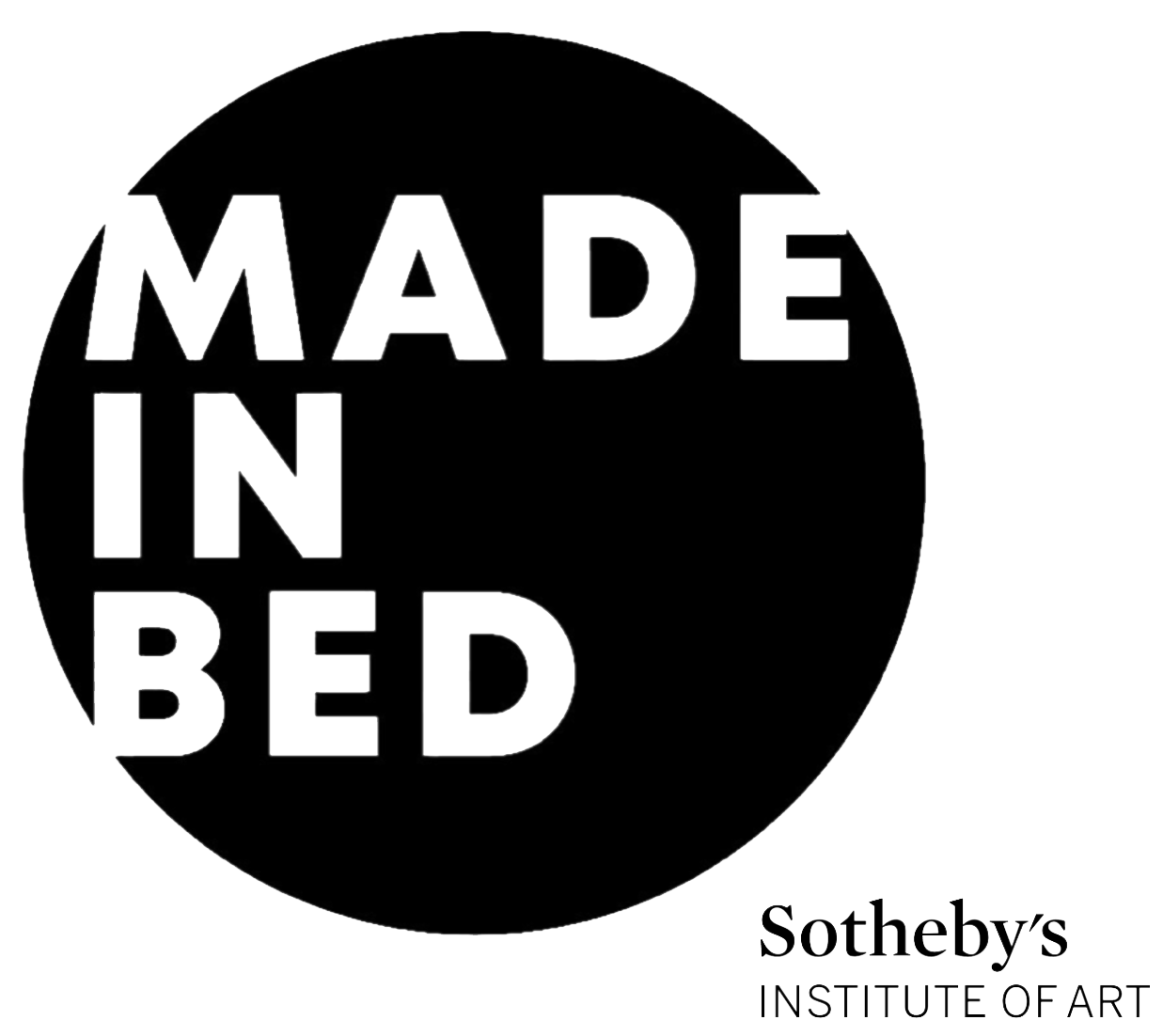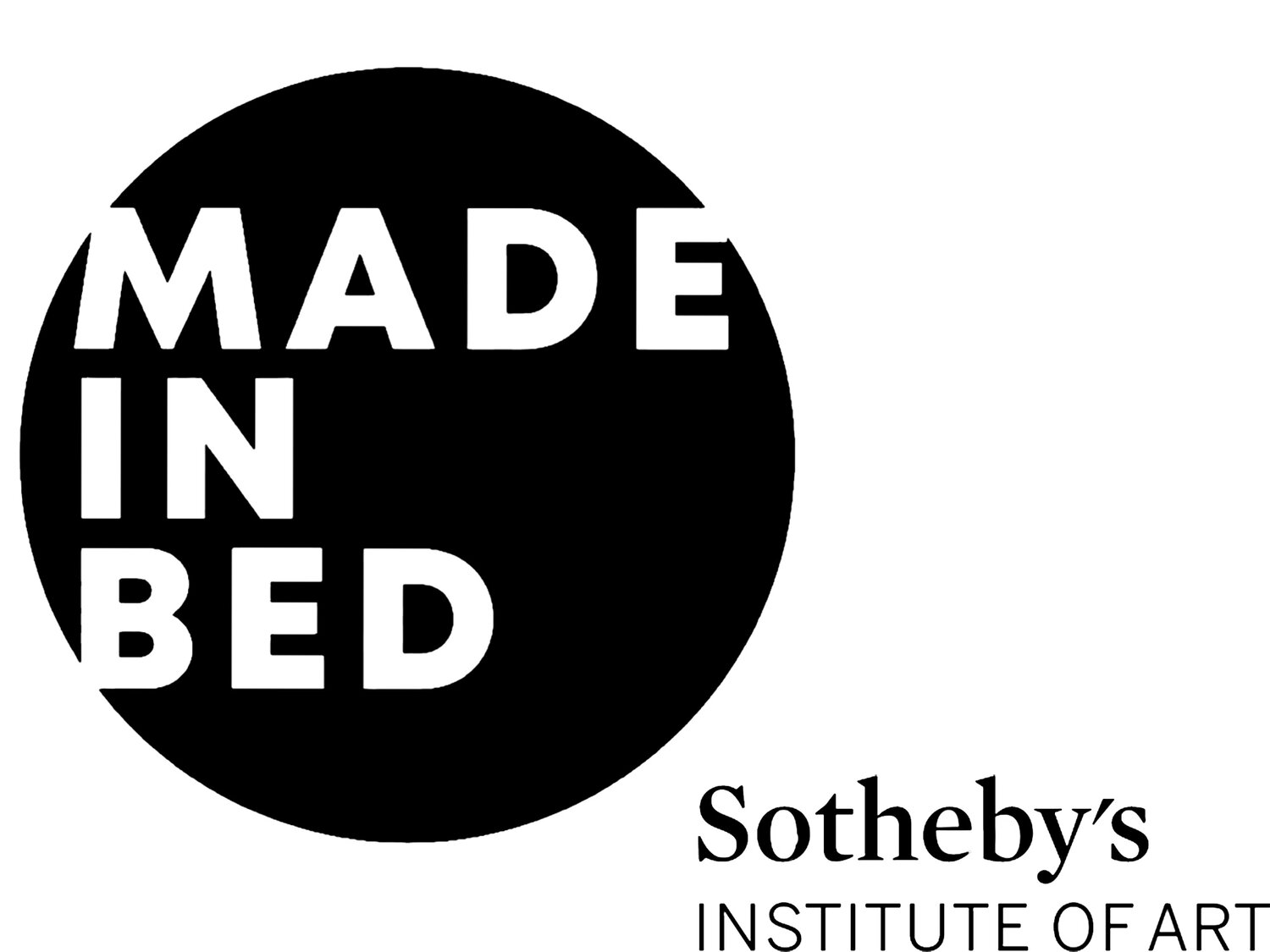Tania Bruguera: ‘Fiat veritas et pereat mundus’
With her entire career built upon emphasising the dark side of politics and the many facets of injustice throughout the Cuban political system, Tania Bruguera is the artist most hated by the Cuban government. Every time Bruguera denounces abuse, several prominent cultural institutions and museums raise their voices in solidarity, but the friction between her and the Cuban government continues to intensify, as the government does not like to be disgraced, especially publicly.
Source: The Harvard Gazette.
Tania Bruguera was born in 1968 in Havana, Cuba. Daughter to Miguel Brugueras, a diplomat loyal to Castrism, Bruguera spent her early childhood in Paris, Lebanon, and Panama. After returning to Havana in 1979, she studied at the Escuela Elemental de Artes Plásticas (1980-1983), the Escuela de Arte San Alejandro (1983-1987) and the Instituto Superior de Arte (1987-1992). Her initial practice included body-based artistic performances, including a decade-long series made from 1986 to 1996 of reenactments of Cuban-American artist Ana Mendieta's Silueta series. Other works, such as Studio Study (1996) and The Body of Silence (1997), addressed Cuban struggle and self-censorship issues.
In 1994, Bruguera was working on Memoria de la Postguerra (1993-1994), inspired by the idea of an independent newspaper. The series was intended to reflect the state of opinion in the Cuban art scene - the tumultuous and complex zeitgeist of the late 90s. Through the manipulation of her father, Bruguera’s progress on the work was stopped by the Cuban government when he invited her to go for a walk but instead delivered her to two counterintelligence police officers who questioned her. She recalls, “It was very painful. I already had an extremely complicated relationship with my father. After that episode, it broke down completely.” Although she did not finish the work, Bruguera still represented Cuba at the 23rd São Paulo Biennale, and just five years later, Swiss curator and Director of the 49th Venice Biennale Harald Szeemann included her work in the Plateau of Humankind exhibition.
After winning a Guggenheim Scholarship in 1998 and obtaining an MFA in 2001 from the School of the Art Institute in Chicago, Bruguera began organizing interactive events. In Tatlin's Whisper #5 (2008), visitors to London's Tate Modern Turbine Hall were confronted with horse-mounted policemen who subjected them to crowd control exercises. For Tatlin's Whisper #6 (Havana Version), presented at the 10th Havana Biennial (2009), she installed a microphone in the Wifredo Lam Center of Contemporary Art and invited the audience to speak, after which the Biennial Committee formally denounced the performance. Bruguera, who intended to raise awareness and expand cultural inclusion, defined her work as arte útil or ‘useful art.’
Bruguera subsequently focused on global immigration, as seen in The Francis Effect (2014), in which she collected signatures to urge the Vatican to grant citizenship to immigrants. In 2014, she followed the Cuban government's invitation to encourage all Cubans to contribute to the country by announcing the placement of an open microphone in Plaza de la Revolución that was available to anyone who wanted to talk. However, she was arrested by the police the morning of the performance and the work was not completed. According to Bruguera, the fact that the work never began was already a success, as the intervention proved that the government feared her and its outcome. In 2015, she was arrested again after hosting a 100-hour open reading of Hannah Arendt's The Origins of Totalitarianism (1951) in her studio in Havana. The performance marked the founding of INSTAR (Instituto de Artivismo Hannah Arendt), a place full of young people, intellectuals, and ordinary people who collaborated to create tools in hopes of bringing forth social changes and promoting civic literacy. The latter contributed to her winning the prestigious Arnold Bode 2021 prize at Documenta.
Tania Bruguera during a working session of the Hannah Arendt International Institute of Artivism. Havana, May 2015. Image courtesy of the artist and Plataforma Yo También Exijo, Havana. Photo by Pablo León de la Barra.
"Fiat iustitia et pereat mundus," a Latin phrase that means "Let justice be done, though the world perishes," was modified by Hannah Arendt to read "Fiat veritas et pereat mundus," meaning “Let the truth to be told, though the world perishes,” during an interview when questioned about the validity of keeping silent about certain historical facts. Arendt, a political philosopher, author, and holocaust survivor, is an influential figure in many of Bruguera’s artworks. Inspired by her, Bruguera intends to raise awareness not only regarding the Cuban political situation but to raise consciousness within viewers and the general public to truth and its different meanings. Those who experience Bruguera’s performances enter into a dialogue with the artist and open themselves up to reflect on their surroundings in an effort to convey a message of hope and empathy to all through the reminder that, "what happens in one country also affects others."
Throughout the entirety of human history, there has always been a need for collaboration between people and countries to help restore a collective responsibility that can positively impact the present. During an interview for her exhibition at the Padiglione d'Arte Contemporanea in Milan, Bruguera stated:
I am terrified of lost memory because it is easy to be unjust and cruel if you forget what injustice and cruelty are. Truth for me means understanding the needs of the other and being aware that we are not always right. The truth is difficult. Truth and politics can be irreconcilable spheres, but lying is still an essential part of any totalitarian society, so it is necessary to always know the truth, even to the world’s detriment.
Throughout her career, Bruguera has won various prizes and nominations including the Prince Claus Prize in 2000, and a one-year nomination as the first resident artist for the New York City Mayor's Office of Immigration Affairs in 2016. She was also shortlisted for an Index on Censorship's Freedom of Expression Award in 2016 and won the Velázquez Award for Plastic Arts in 2021.
Photos courtesy of the artist’s website, Tate, and Artsy.
For more information on Tania Bruguera, visit her website, Facebook, and Instagram.
Cristina Ye
Former Agents of Change Editor, MADE IN BED








